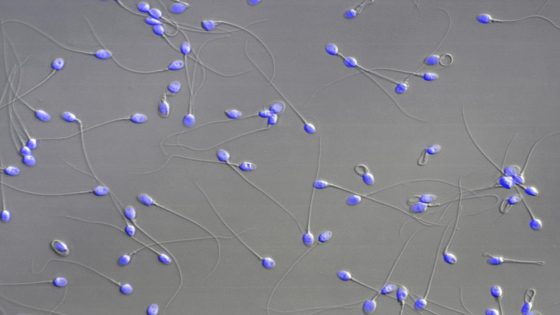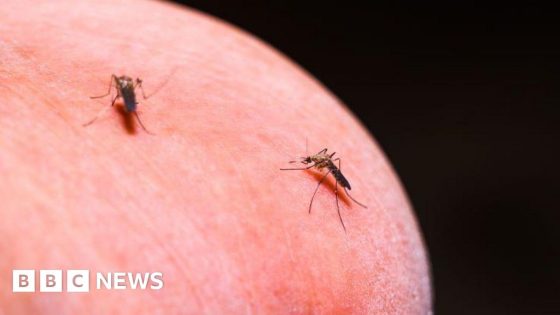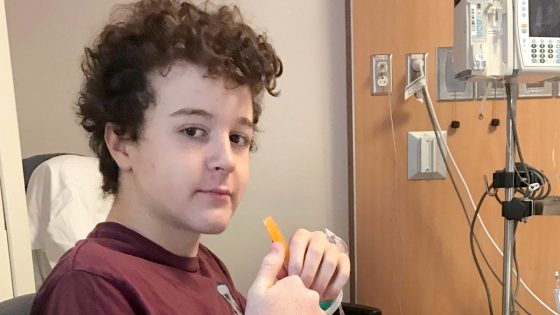Groundbreaking advancements in fertility treatments are changing lives, especially for those facing male infertility. Recently, a couple at Columbia University Fertility Center achieved pregnancy after nearly two decades of trying, thanks to an innovative AI system.
- First pregnancy achieved using AI technology
- Couple struggled with infertility for 19 years
- STAR tool identifies rare sperm cells
- Developed by Dr. Zev Williams' team
- AI shows potential for broader infertility solutions
- Rosie reports feeling unreal after success
After 19 years and 15 unsuccessful IVF attempts, Rosie and her husband finally found success with the STAR (Sperm Track and Recovery) technology. This AI tool, developed by Dr. Zev Williams, utilizes algorithms to identify rare sperm cells, even in challenging cases like azoospermia, where no sperm is detectable in semen. Remarkably, on March 2025, Rosie learned she was pregnant, a moment she describes as surreal after years of disappointment.
This breakthrough raises an important question: Could AI revolutionize other aspects of fertility treatments? The STAR system not only found sperm in samples where manual searches failed but also streamlined the fertilization process. Consider these recommendations for couples facing infertility:
- Consult with a fertility specialist to explore advanced technologies.
- Stay informed about new treatments and innovations in reproductive health.
- Maintain a healthy lifestyle to support overall fertility.
- Consider genetic counseling if facing recurrent infertility issues.
As technology continues to evolve, those struggling with infertility should remain hopeful and proactive in seeking out new solutions that could lead to successful pregnancies.































